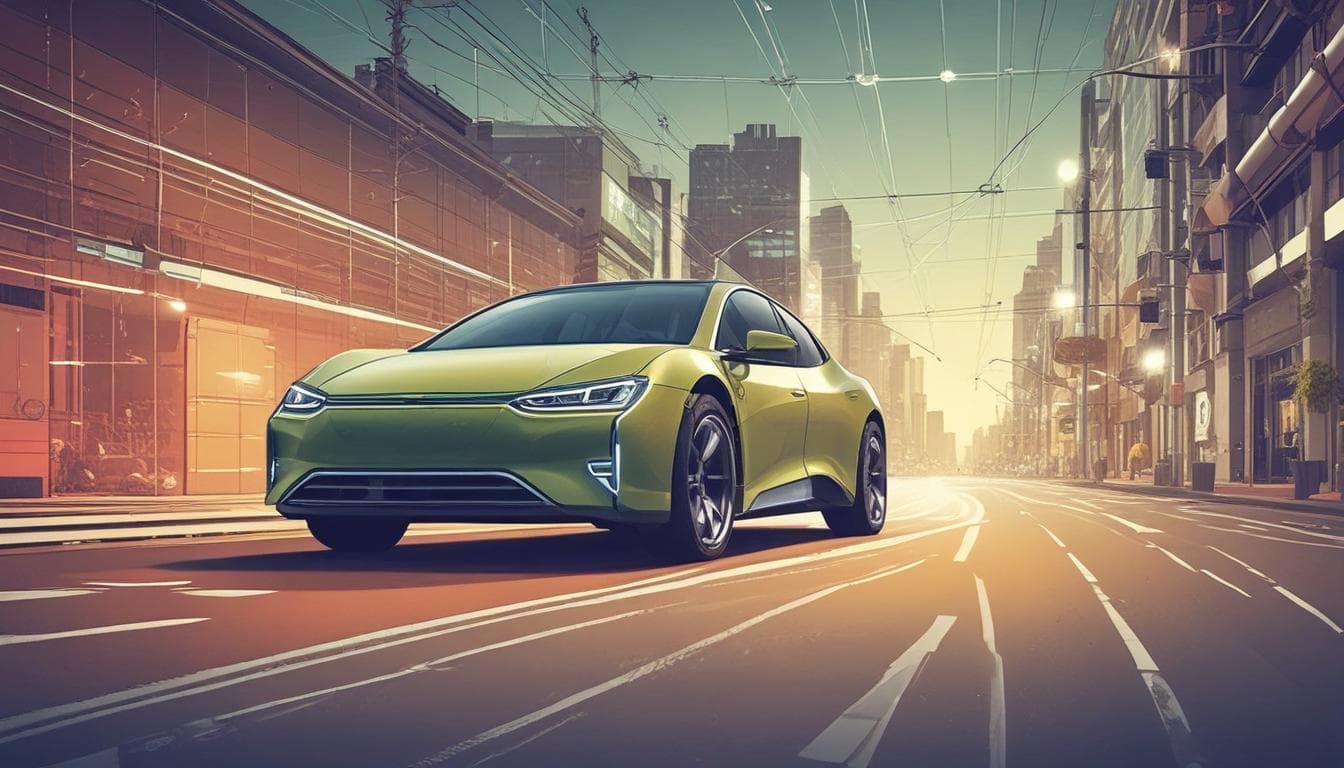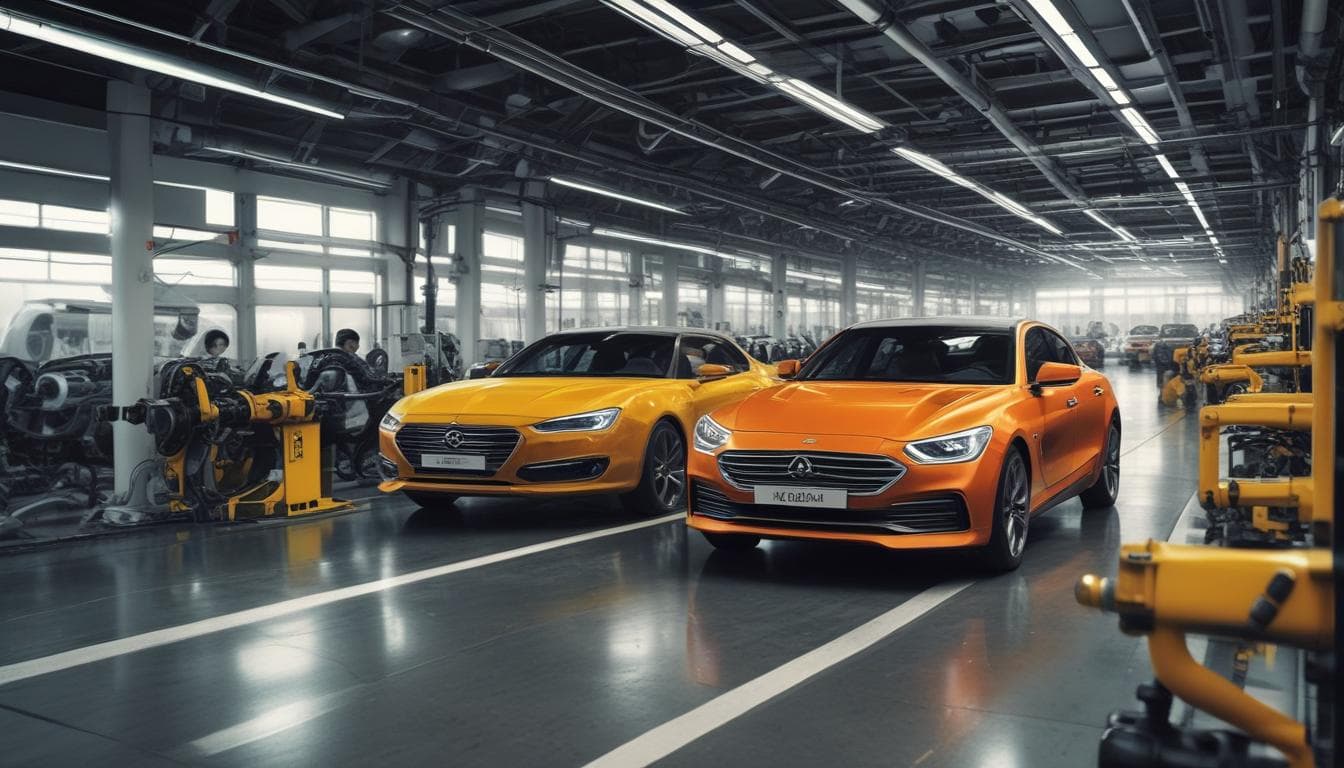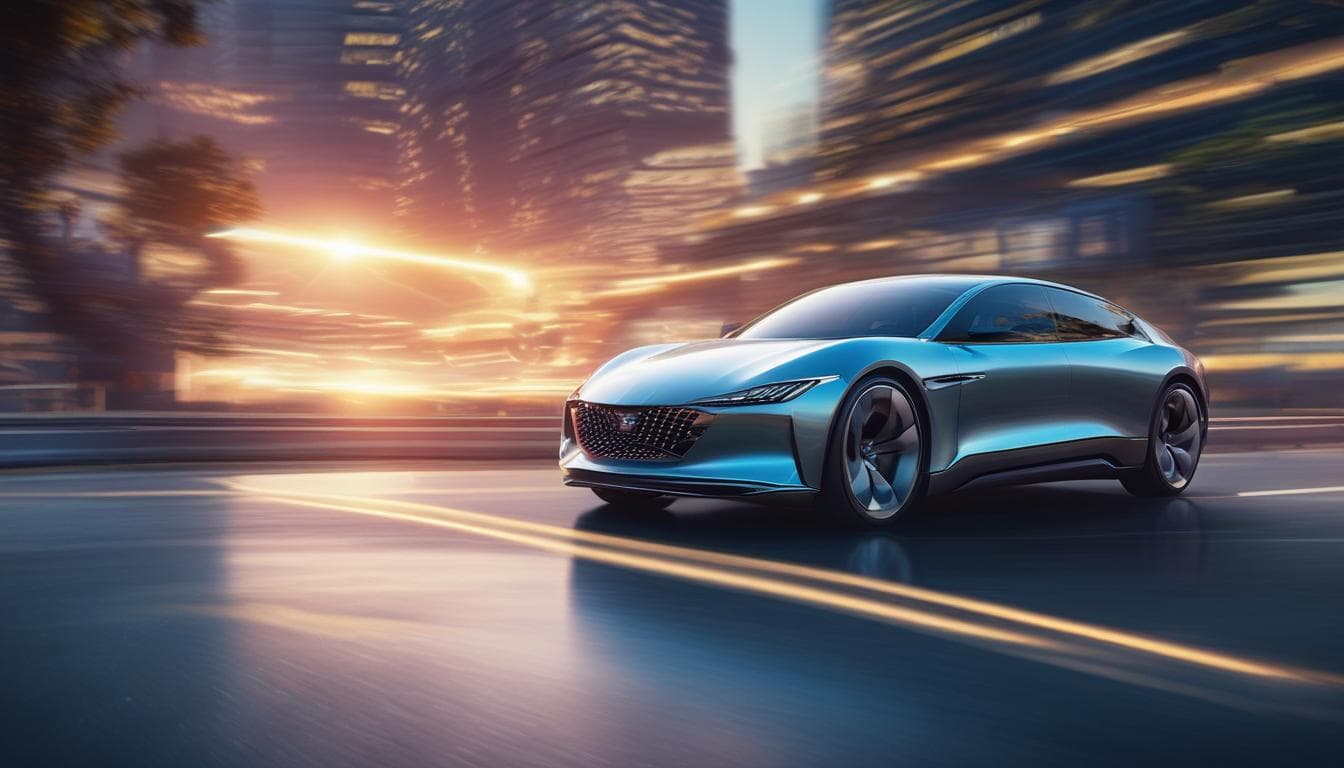Vehicle-to-Grid (V2G) technology could turn millions of EVs into a massive, distributed battery, stabilizing power grids and potentially earning owners money. What are your thoughts on letting the power company use your car's battery when parked? What incentives, security measures, or guarantees would you need, and could this fundamentally change the economics of EV ownership and reshape our relationship with the energy infrastructure?
Vehicle-to-Grid (V2G) technology indeed presents a fascinating opportunity to leverage electric vehicles (EVs) as mobile energy sources. By allowing the power grid to use your car's battery when parked, EV owners can potentially contribute to grid stabilization and earn money in the process. However, several crucial factors need to be addressed before widespread adoption can take place:
Incentives for Participation
- Financial Rewards: A clear and compelling compensation model is essential. EV owners would want to see tangible financial benefits, perhaps through direct payments or reduced electricity bills.
- Tax Incentives: Governments could play a pivotal role by offering tax credits or rebates for homeowners who participate in V2G programs.
Security Measures
- Data Protection: Owners need assurances that their personal data will be safe and that their charging habits won’t be exploited.
- Battery Health Monitoring: Implementing advanced monitoring could help ensure that V2G use does not adversely affect the lifespan of the vehicle's battery.
Guarantees for Usage
- Flexible Control: Owners should have the ability to control when and how much energy their vehicle is providing back to the grid, ensuring they can still use their EV when needed.
- Emergency Backup: Providing guarantees that the battery remains available for personal use, especially during emergencies or power outages.
Economic Impact
If implemented effectively, V2G could significantly reshape the economics of EV ownership. The potential income from participating in a V2G system could offset the initial cost of the vehicle, making EVs more accessible. Moreover, the relationship between consumers and energy infrastructures would evolve into a more symbiotic arrangement, prompting a shift towards sustainable energy usage.
For more insights into the evolving relationship between EVs and the broader energy landscape, you might find this article on Vehicle-to-Grid (V2G) Technology particularly enlightening. It delves into the benefits and challenges associated with V2G technologies and the transformative effects they can have on our energy systems.
이 주제에 대해 더 알아보기
대화에 참여하기
- 자율주행 시대, 자동차 산업의 미래는? 💡
자율주행 기술이 자동차 세계를 어떻게 변화시킬지, 그리고 독시의 자율주행 사업은 어떤 기술과 생태계를 구축하고 있는지에 대한 토론입니다. 자동차 산업의 미래와 자율주행 기술에 대한 다양한 의견을 나눠보세요.
- 자율주행 시대, 꿈꾸는 미래 자동차 실내 디자인은?
자율주행 기술 발전에 따라 미래 자동차 실내 디자인은 어떻게 변화할까요? 이동 중 업무, 휴식, 엔터테인먼트 등 다양한 활동을 위한 이상적인 자율주행 자동차 실내 공간에 대한 아이디어를 공유하고, 자율주행이 우리 삶에 가져올 변화에 대해 토론해 보세요.
- 자율주행 시대, 꿈꾸는 미래 자동차 실내 디자인은?
자율주행 기술의 발전으로 자동차 실내 공간은 어떻게 변화할까요? 이동 중 업무, 엔터테인먼트, 휴식 등을 위한 맞춤형 공간 구성, 탑승자 감정 반응 인테리어, 증강현실 기술 활용 등 혁신적인 아이디어를 공유하고 미래 자동차 디자인을 함께 상상해보세요.





